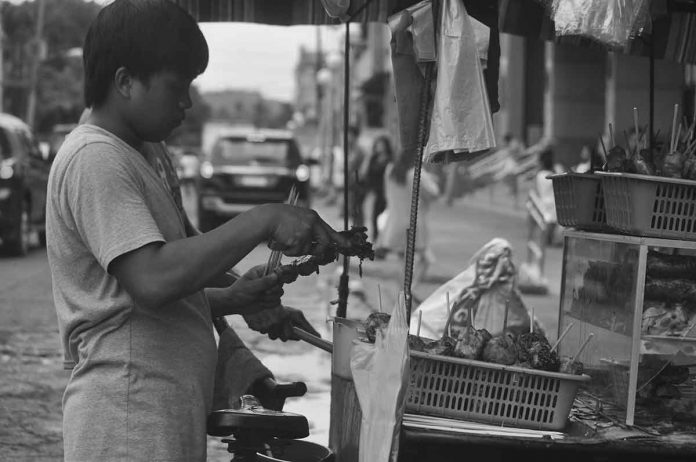
ILOILO – Having recorded 13 cases of acute gastroenteritis (AGE), the Iloilo Provincial Health Office (IPHO) urged the public to be cautious when buying food or drinking water.
“Avoid anay ang pagbakal sang pagkaon kag kon ano man nga ilimnon nga indi naton sigurado nga napreparar sang maayo,” said Dr. Maria Socorro Colmenares-Quiñon, IPHO chief.
The 13 AGE cases were from Oton (six), Leganes (three), Dingle (one), Pavia (one), Pototan (one), and San Joaquin (one).
Quiñon said some of these cases work or go to school in Iloilo City where there is an AGE and cholera outbreak; have consumed street food and drinks; and/or attended birthday parties.
The IPHO head also reminded food vendors to prepare food safety; cover their food merchandise to avoid human or animal waste contamination through flies; and observe cleanliness at all times.
“Kinhanglan ang inyo kamot. Ang nagakapot sang kwarta indi pag-usaruan para magserbe sang aton ginabaligya,” said Quiñon.
If food is prepared in the household, make sure to wash the vegetables and meat properly, she added.
Here are more IPHO food safety tips:
* Avoid improper disposal of diapers, which stray animals can dig.
* Use the comfort room when disposing human waste.
* Make sure that the bacterial test result of the water refilling station where you buy water is updated with a certification from the concerned local government unit or Municipal Health Office.
According to Quiñon, a family member who experiences loose bowel movement five to six times a day should be immediately brought to a health center or hospital.
Additionally, Quiñon said, buy Oral Rehydration Solution (ORESOL) to mix with the water consumed by the patient.
“Kon ano kadamo ang nag gwa nga tubig sa aton lawas, amo man na kadamo ang ibalik para malikawan ang dehydration, she stressed.
“Pero kon sige-sige, gilayon nga magkadto sa ospital or sentro para mahatagan sang treatment,” the IPHPO head added.
Acute gastroenteritis is a disease that occurs when food or water that is contaminated with pathogenic microorganisms (such as E. coli, among others) or their toxins is consumed. Some of its symptoms are nausea, vomiting, diarrhea, abdominal pain, occasional muscle aches or headache, and low-grade fever.
On the other hand, cholera is an infectious disease that causes severe watery diarrhea, which can lead to dehydration and even death if untreated. It is caused by eating food or drinking water contaminated with a bacterium called Vibrio cholera./PN



